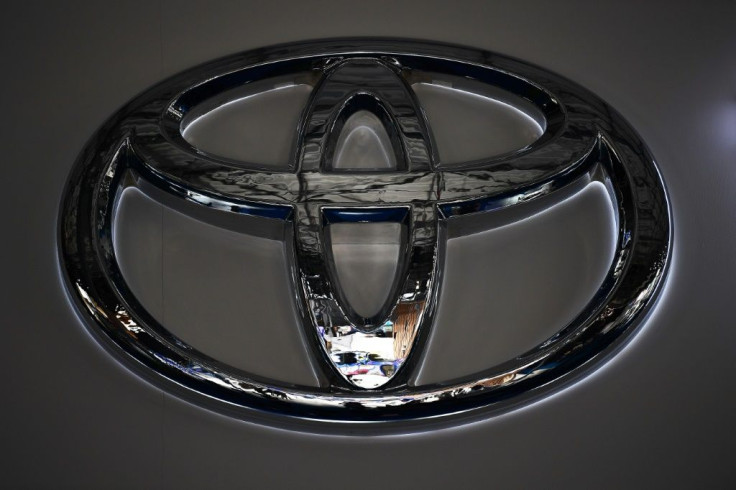Toyota Reports Record First-half Net Profit, Sales

Japanese car giant Toyota on Thursday reported record net profit and sales for the first half, with cost-cutting efforts helping to boost its balance sheet.
The maker of the Camry sedan and Prius hybrid reported net profit rose 2.6 percent to 1.27 trillion yen ($11.7 billion) in April-September.
The company kept its full-year net profit forecast at 2.15 trillion yen and operating profit at 2.4 trillion yen on sales of 29.5 trillion yen, though it made a minor change to its forecast for pre-tax profit.
Factors including cost reductions and marketing helped outweigh negative impacts from foreign currency exchange rates, contributing to a 11.3 percent rise in operating profit, or 1.4 trillion yen for the six months to September, Toyota said in a statement.
"As a result of our work to improve ourselves, many of our customers chose Toyota vehicles. The latest results show that," Toyota's executive vice president Mitsuru Kawai said in a news conference. "We are grateful."
"We have acted swiftly to change our business model, create alliances, and to make investments for the future," added operating officer Kenta Kon.
He cited "healthy" sales of new models, including the Rav 4, and strong profits in Japan and North America, thanks to active sales efforts, cost-cutting and effective use of incentives for American buyers.
The firm assumed foreign exchange rates at 107 yen to the dollar for the current year to March, compared with 106 yen to the dollar in the previous estimate.
It also announced it would buy up to 34 million of its own stock, or 1.19 percent of its outstanding shares, for up to 200 billion yen by the end of the current business year.
Shares in the firm, which had been trading in negative territory in the morning, closed up 1.13 percent.
"Toyota is enjoying steady global sales although competition is intensifying in the global auto market," Satoru Takada, auto analyst at research and consulting firm TIW, told AFP ahead of the report.
"Demand for hybrid cars -- Toyota's strength -- remains strong as electric cars are still in a transition period," he said.
However, Japan-US trade negotiations "remain a potential threat to Japanese carmakers", he warned, adding that "protectionism appears to likely remain unchanged in the US even if the Democrats win the presidency".
US President Donald Trump's administration has threatened to impose tariffs on Japanese cars imported to the American market.
The business environment for companies like Toyota has also been clouded by continued uncertainty from Brexit.
Toyota executives have previously said there would be no way to avoid a negative impact in the event Britain leaves the European Union without a deal.
Its assembly plant in Burnaston in central England, which produces 600 vehicles per day, operates under the company's famous "just-in-time" system, holding limited stock on site and relying on flexible imports of millions of component car parts from the EU.
Kon reiterated the risks posed by a no-deal Brexit, which has thus far been avoided after the EU granted Britain an extension past an October 31 deadline.
"At this point it was avoided... but had it happened, its impact would be very significant," Kon said.
bur-kh-hih/sah/kaf
© Copyright AFP 2024. All rights reserved.




















